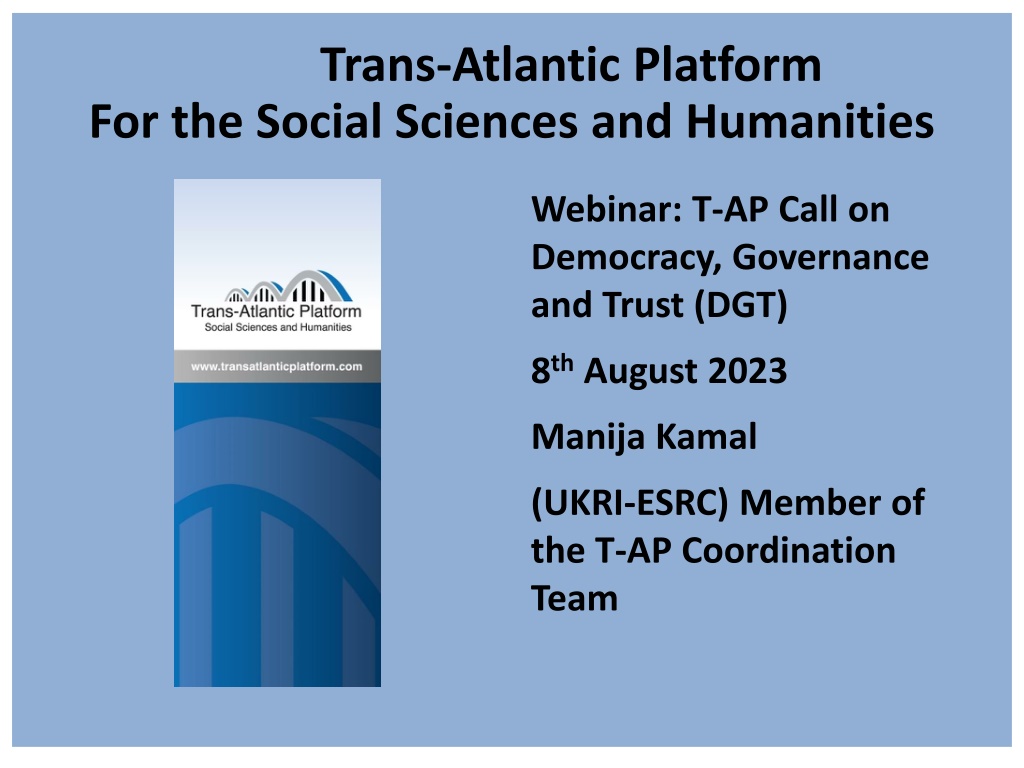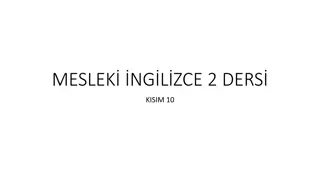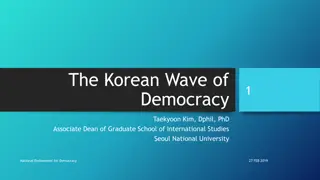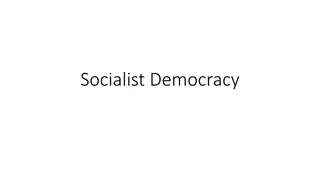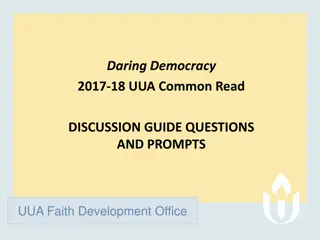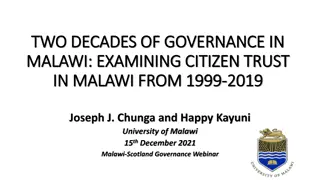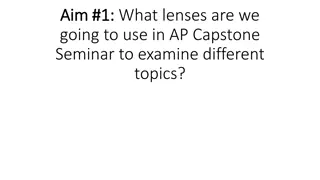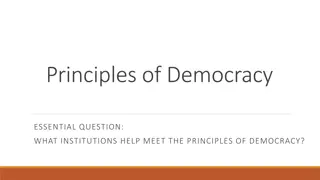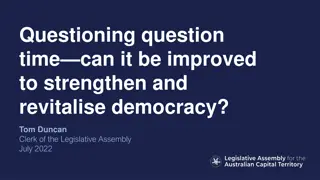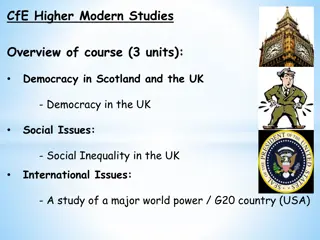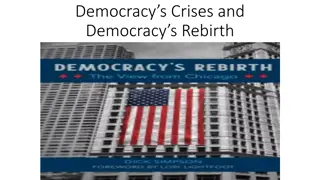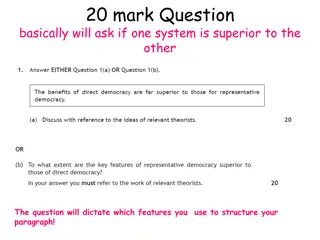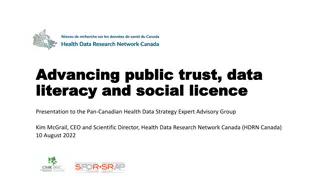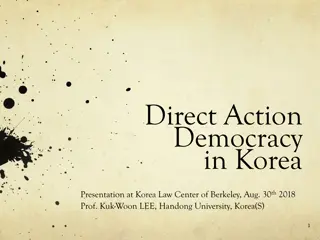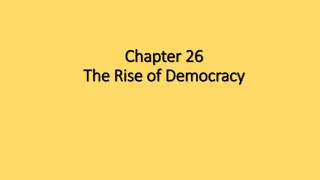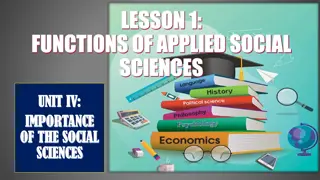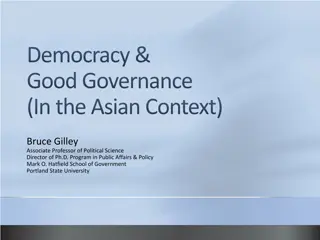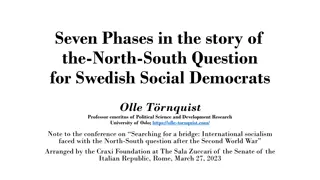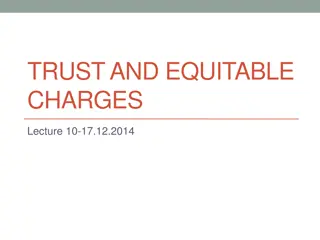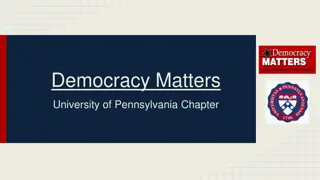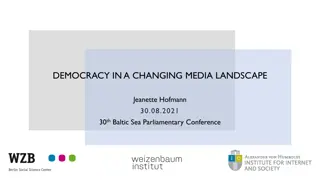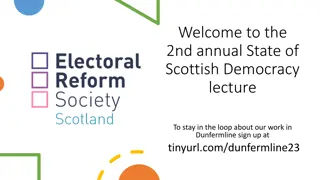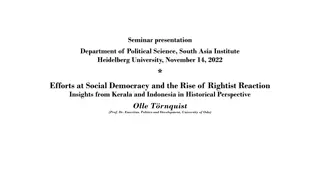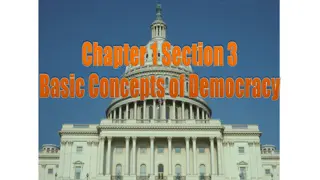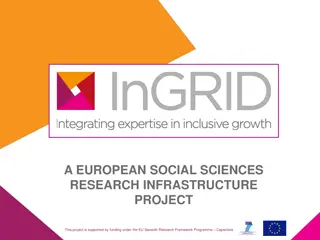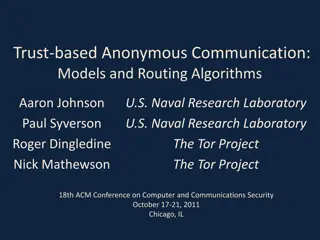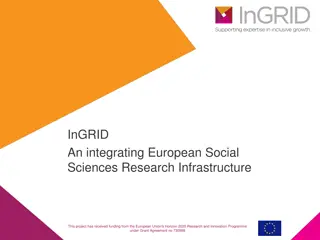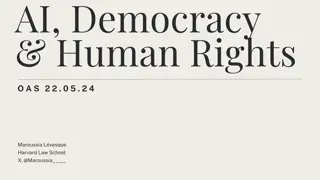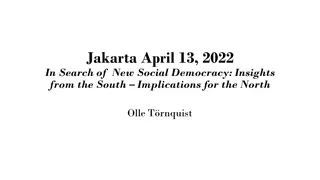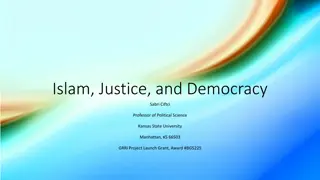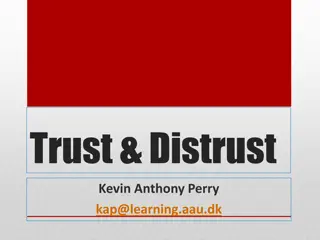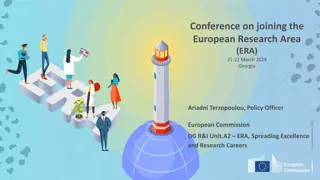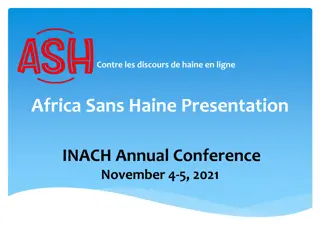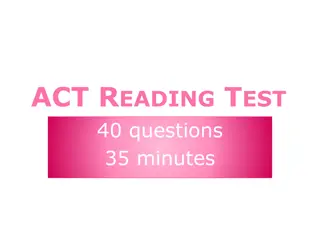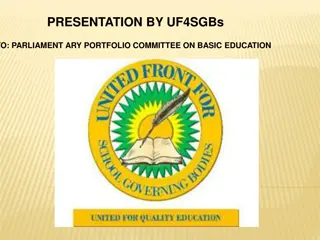T-AP Call on Democracy, Governance, and Trust: Advancing Research in Social Sciences
The Trans-Atlantic Platform for the Social Sciences and Humanities is organizing a webinar on the DGT call, focusing on addressing global challenges and enhancing understanding of democracy, governance, and trust. The call aims to improve conceptualization, study interventions, and co-develop programs with stakeholders to tackle societal disruptions and crises.
Download Presentation

Please find below an Image/Link to download the presentation.
The content on the website is provided AS IS for your information and personal use only. It may not be sold, licensed, or shared on other websites without obtaining consent from the author. Download presentation by click this link. If you encounter any issues during the download, it is possible that the publisher has removed the file from their server.
E N D
Presentation Transcript
Trans-Atlantic Platform For the Social Sciences and Humanities Webinar: T-AP Call on Democracy, Governance and Trust (DGT) 8th August 2023 Manija Kamal (UKRI-ESRC) Member of the T-AP Coordination Team
Outline Why did T-AP develop the DGT call (what is the context)? What is the DGT call seeking to achieve? What are the nine themes of the DGT call? Important reminders related to the eligibility requirements and key deadlines
Why did T-AP develop the DGT call (what is the context)? exceptional social, economic, technological, environmental, and geopolitical challenges, (war, conflict, erosion of democratic institutions, political extremism, climate change emergencies, energy crises) The DGT call therefore seeks to understand how democracy, governance, and trust are integral to the tackling of both short- term crises and long-term challenges and are themselves a focus of the discontent and disruption facing many societies
The call aims to deepen and widen our knowledge and understanding of opportunities, challenges, and crises relevant to democracy, governance and trust What is the DGT call seeking to achieve? (Objectives) Improving and innovating our conceptualization and theorization of democracy, governance and trust Addressing topics aimed at collective responses to global challenges for democracy, governance and trust
Empirically defining and describing the opportunities, challenges and crises relevant to democracy, governance and trust from a historical, contemporary, or prospective perspective What does the DGT call is seeking to achieve? (Objectives) Studying or testing interventions at enhancing democratic processes, improving governance, and rebuilding trust in formal and informal political systems, economic structures, cultural associations, education and public institutions
Advancing knowledge through co-developing work programs with communities, educators, and key stakeholders in civil society, education and government Examining the role of digital media, tools, and technologies in eroding or strengthening democracy, governance and trust and the roles of education, cultural institutions and the law in shaping, facilitating and restraining this role of digital media What is the DGT call seeking to achieve? (Objectives) Offering diverse methodological, disciplinary, and cross-national perspectives on these topics
Interdisciplinary is understood as integration of information, data, techniques, tools, perspectives, methodologies, concepts, or theories from two or more disciplines or bodies of specialized knowledge What is meant by interdisciplinary research proposals ?
What are the nine themes of the DGT call? 1. Concepts, understandings, and models of democracy, governance and trust How should we understand the concepts and meaning(s) of democracy, governance and trust and their relation to practice at macro, meso and micro levels? How should we understand, analyse, measure, and operationalize the challenges of governance, democracy, and trust? How can we analyse the concept of and the challenges to democracy in historical perspectives? What accounts for stark differences in levels of trust within and across populations and geographical areas? How do digital technologies and social media challenge the functioning of democratic governments and what is their role building or eroding trust?
What are the nine themes of the DGT call? 2. Education Education may impact the orientation of individuals towards democracy, governance and trust What role do accessible and equitable education and education systems play in democracy? Does education contribute to social and economic equality? How does education equip people for participatory governance? How does digitalized and in-person education build collective capabilities to handle social conflicts in ways that nurture trust, democracy, and governance?
What are the nine themes of the DGT call? 3. Media, information, and communication the circuits of communication established by mass media are crucial components in a democratic society information (and disinformation and misinformation) overload may erode trust and impact the quality of governance What role do governments (and other groups, institutions, and networks) have in addressing misinformation and disinformation and regulating different sources of information? How are new technologies (e.g., advances in AI) enabling new ways of tackling misinformation and improving information credibility? How can participants evaluate the facticity of statements and reliability of sources?
What are the nine themes of the DGT call? 4. Economies and economic systems Shocks to the global economy (such as Covid-19 and the war in Ukraine) have impacted democratic politics in many countries the global governance of economic systems has come under scrutiny due to inflationary pressures and interconnected supply chains How do globalization and shocks from the global economy impact governance, democracy and trust? How may democratic processes and governance institutions enhance social-economic equity for all, and vice versa? What are the consequences for societies of the greater precarity and informality of workforces?
What are the nine themes of the DGT call? 5. Identities, discrimination, marginalization, and inequalities The social identity, status and treatment of different groups have significant relevance to democracy, governance and trust Belonging and social identity may become less pre-defined by birth or socioeconomic position than in previous generations, with consequences for democratic processes, the coordination of collective action and feelings of trust towards formal and non-formal actors How does society allow for freer expressions of personal identity without adding to inequities in democracy and governance? How does a society establish and maintain a positive value to inclusion and access across identity markers of difference? How may digitalization reduce or exacerbate democratic marginalization, discrimination, and inequalities, and what alternatives can encourage inclusion? How can we make digital technologies more inclusive and a driver towards democracy, governance, and societal trust?
What are the nine themes of the DGT call? 6. Ecosystems and environments Climate change and ecological crises are posing increasing challenges for many communities, national governments, and transnational governance How and why do democracy, governance and trust matter for questions of sustainability? What types of networks, contexts, or ecosystems might support inclusive, effective, and sustainable forms of democracy, governance and trust? What are the most significant environmental megatrends shaping (and shaped by) current and future trajectories of democracy, governance and trust?
What are the nine themes of the DGT call? 6. Ecosystems and environments Climate change and ecological crises are posing increasing challenges for many communities, national governments, and transnational governance How and why do democracy, governance and trust matter for questions of sustainability? What types of networks, contexts, or ecosystems might support inclusive, effective, and sustainable forms of democracy, governance and trust? What are the most significant environmental megatrends shaping (and shaped by) current and future trajectories of democracy, governance and trust?
What are the nine themes of the DGT call? 7. Epistemologies, knowledge, and expertise The development of community-based and participatory approaches to research and knowledge in the past decades has challenged traditional academic research paradigms, created opportunities to recognize and celebrate different epistemological traditions and ways of knowing, and advanced new forms of social engagement, co-production, and research- led impact How can dialogue between differing epistemologies and (non) Western ways of knowing contribute to strengthening democratic cultures, institutions, and values, widening opportunities for participatory democracy, while critically addressing anti-democratic practices and institutions? What are the indigenous perspectives and practices on democracy, governance and trust and how have they evolved over time, what kind of theoretical and practical lessons can Western democracies learn from them, and vice versa? Whose knowledge counts and whose voices are heard in contemporary debates about social justice, governance, democracy, and change?
What are the nine themes of the DGT call? 8. History and Culture Historical perspectives enhance our understanding of democracy, governance and trust, as well as help to envision and shape new future What are the cultural legacies embedded in principles and practices of democratic governments? What is the role of cultural production in creating new senses of community, belonging, commitment to the governmental enterprise, or alternatively expressing protest and resistance? What are the legacies of colonialism for democracy, governance and trust and how does domination and/or conflict in the past shape the present?
What are the nine themes of the DGT call? 9. Power, authority, and conflict Ethnic, religious, gender, class, and generational conflicts, among others, generate political mobilization around the definition and allocation of rights and access to power, resources, and status The formal and informal exercise of authority can help shed insight on where power lies and its consequences for democracy, governance and trust What are the available mechanisms, processes, and spaces for (local, national, and transnational) political institutions and democratic societies to deal with conflict? How do social conflicts and mobilizations undermine relations based on (personal, social, and institutional) trust and escalate to become violent? How can dynamics of power, authority and conflicts change to foster peaceful and democratic life and co-existence? What is the role for cultural institutions, education, and/or law and justice processes in facilitating peacebuilding, intergenerational justice, and conflict resolution?
Do I need to cover all nine themes? it is not required that a project covers all of the nine themes a proposal may include at most three themes (and not more than that!)
Eligibility Requirements Applicants are required to apply as a transnational research project partnership Include at least three eligible Co-Principal Investigators from at least three different T-AP participating countries from both sides of the Atlantic One of the Co-Principal Investigators must be nominated as the project s Lead Principal Investigator (Lead PI) The Lead PI must submit the Notice of Intent to Apply (NOI) and the joint research proposal on behalf of the consortium
Critical Deadlines 15th of September 2023 is the deadline for the submission of the compulsory notice of intent to apply (NOI) 6th of November 2023 is the deadline for the submission of the full proposal It is important to emphasise that between the NOI and full proposal submission stage, the lead PI and the theme or the themes can t be changed
DGT Call Website https://www.transatlanticplatform.com/a ctivities/democracy-governance-trust/
Thank you for listening www.transatlanticplatform.com Tapcoordination@esrc.ukri.org t-ap@fapesp.br tap@sshrc-crsh.gc.ca
